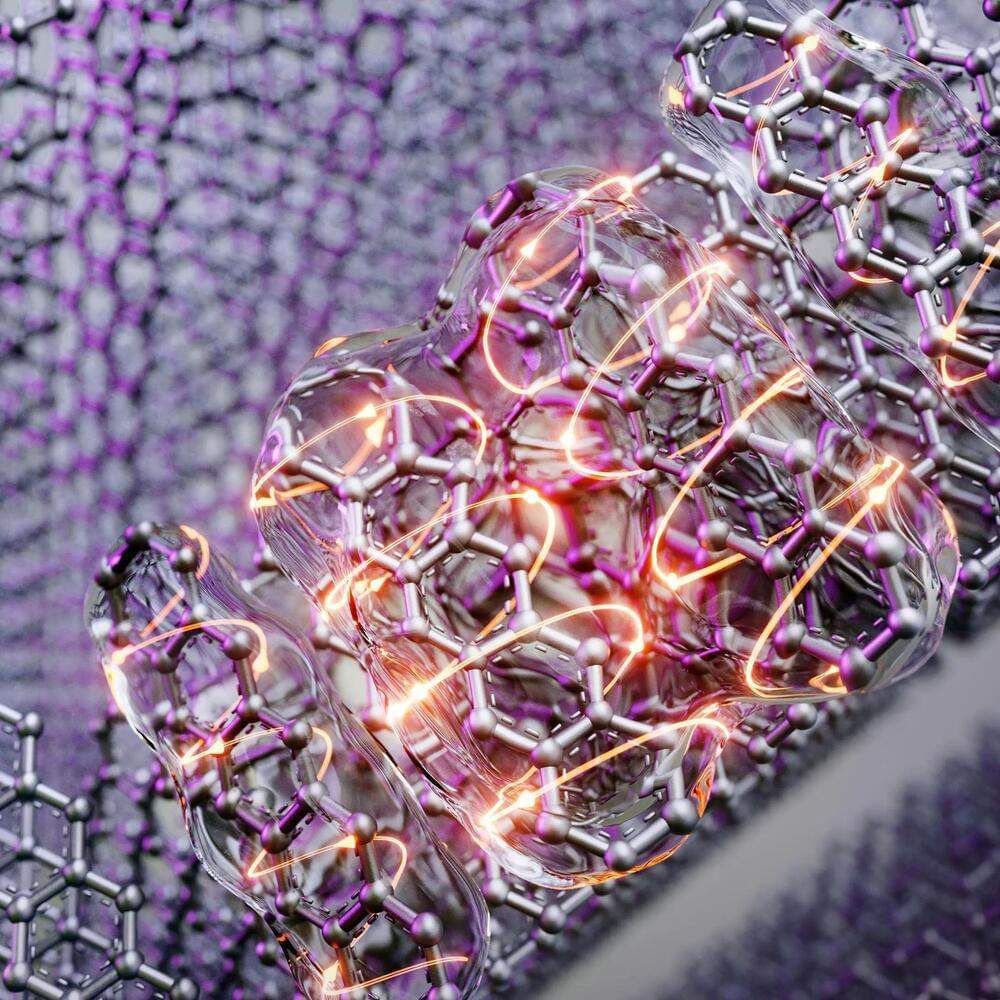Researchers have resolved the mechanism of exciton fission, which could increase solar-to-electricity efficiency by one-third, potentially revolutionizing photovoltaic technology.
Photovoltaics, the conversion of light to electricity, is a key technology for sustainable energy. Since the days of Max Planck and Albert Einstein, we know that light as well as electricity are quantized, meaning they come in tiny packets called photons and electrons. In a solar cell, the energy of a single photon.
A photon is a particle of light. It is the basic unit of light and other electromagnetic radiation, and is responsible for the electromagnetic force, one of the four fundamental forces of nature. Photons have no mass, but they do have energy and momentum. They travel at the speed of light in a vacuum, and can have different wavelengths, which correspond to different colors of light. Photons can also have different energies, which correspond to different frequencies of light.
